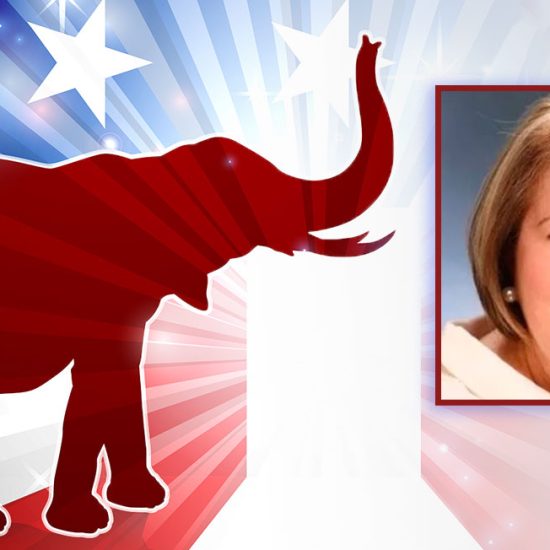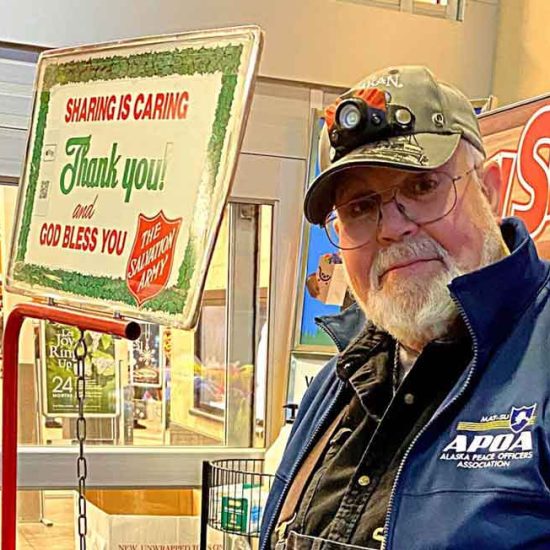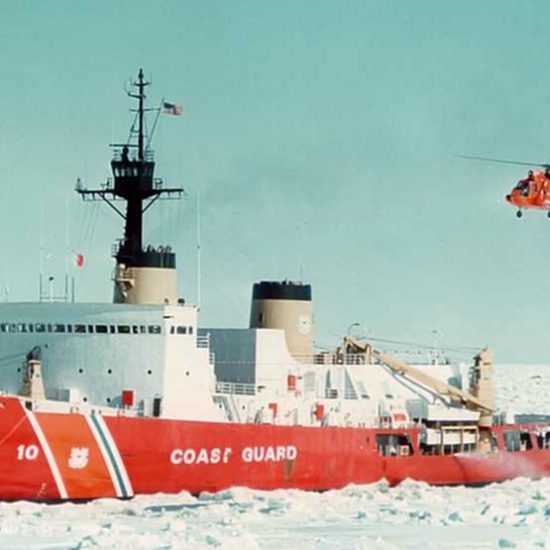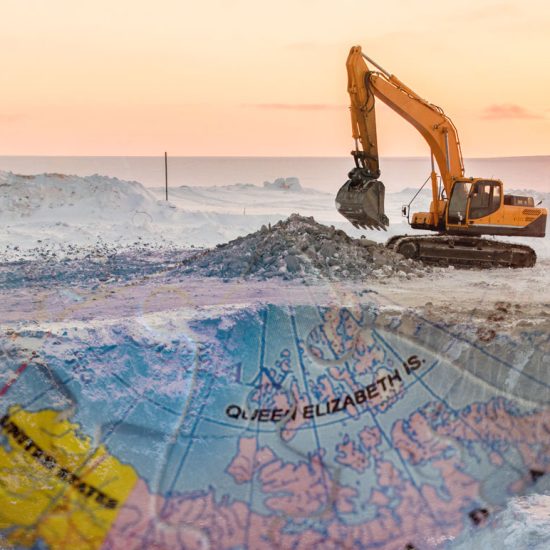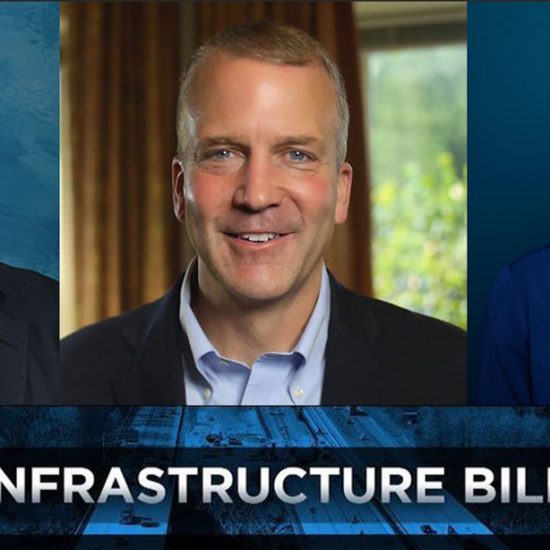As a child, I loved going to the dump with my father. Spending time with dad was great, but the best part was the opportunity to break things! At the dump in my rural community, you backed your truck up and chucked things into an open pit. There was always a window, toilet, or best of all, a TV that could be smashed with the accuracy and skill that only an adolescent boy possesses.
I was reminded of my boyhood trips to the dump as I considered the capital budget voted on this week in the third (not so special) special session. Not because the capital budget is filled with a bunch of garbage (which it is) or because any of the legislators remind me of my father (even though some want to be) but because of an economic concept introduced by a mid-19th century French economist, Claude-Frederic Bastiat.
Bastiat was the first economist to popularize the theory of opportunity cost, a concept that reminds us to carefully consider every economic decision we make in our personal, professional, and civic lives. Opportunity cost means that when we make an economic decision, we not only pay the cost of our choice but also give up the benefit of the other thing we couldn’t have.
Here’s an example. Due to the approval of the capital budget, 50 million dollars will be spent on a new school in Kivalina, a village being slowly eroded away by the ocean, with a population of less than 400 people. Instead, this money could be used to fund other K-12 education programs, or anything else equivalent to 50 million dollars. It is important for Alaskans to understand that when the new school in Kivalina is built, the cost is 50 million dollars, PLUS the benefits of the other programs that are given up.
Bastiat felt compelled to explain opportunity cost to counter something called, “The Broken Window Fallacy,” or the idea that all spending creates an equal amount of economic growth. He told a parable about a young man who broke a shop keeper’s window. The store owner was understandably upset, but those gathered on the street told him not to worry because it created an opportunity for the window maker to sell a new window. After the window maker is paid, that money would be used to buy other goods and services, so overall the economy would be better off because of the broken window. However, as Bastiat so eloquently explained, the money spent on the broken window would have been spent on other things had the window not been broken. The breaking of the window didn’t create new wealth, it only replaced something that was destroyed; resulting in less, not more, overall wealth in the economy.
Unfortunately, most politicians do not consider opportunity cost when making decisions. They only see and promote the primary benefits without much, if any, consideration of what is given up by others. Every spending decision made in Juneau has an opportunity cost. This year, the opportunity cost should be blatantly obvious. A majority of our elected officials and the governor have decided that every Alaska resident must surrender over 1,200 dollars of their dividend to solve our “fiscal crisis.” Therefore, it stands to reason that those who voted yes for the capital budget must believe that the 3 million dollars appropriated for the Alaska Council of the Arts is worth the opportunity cost of 3,000 Alaskans surrendering part of their dividend. (Insert sound of breaking glass.)
“But what about the Federal matching dollars that we get when we spend state dollars?” some ask. “After all, if we don’t get them, some other state will.” At the risk of offending some people, this argument is about as economically mature as a husband who wastes money on a frivolous purchase because his wife went shopping for clothes. There is an opportunity cost to spending Federal dollars. It is not special money that grows on trees in Washington D.C. It is either tax dollars from people throughout the country, or (considering that the national debt is 20 trillion dollars) borrowed money that our children and grandchildren will be taxed for in the future. Sadly, with the passing of the capital budget, our legislature has broken the TVs of people who haven’t even had an opportunity to purchase them yet.
Todd Smoldon lives in Willow, Alaska and has been a resident of AK for 30 years. He earned his BA in economics and Master’s degree in teaching from the University of Alaska-Anchorage and has been teaching high school economics for almost 20 years.








